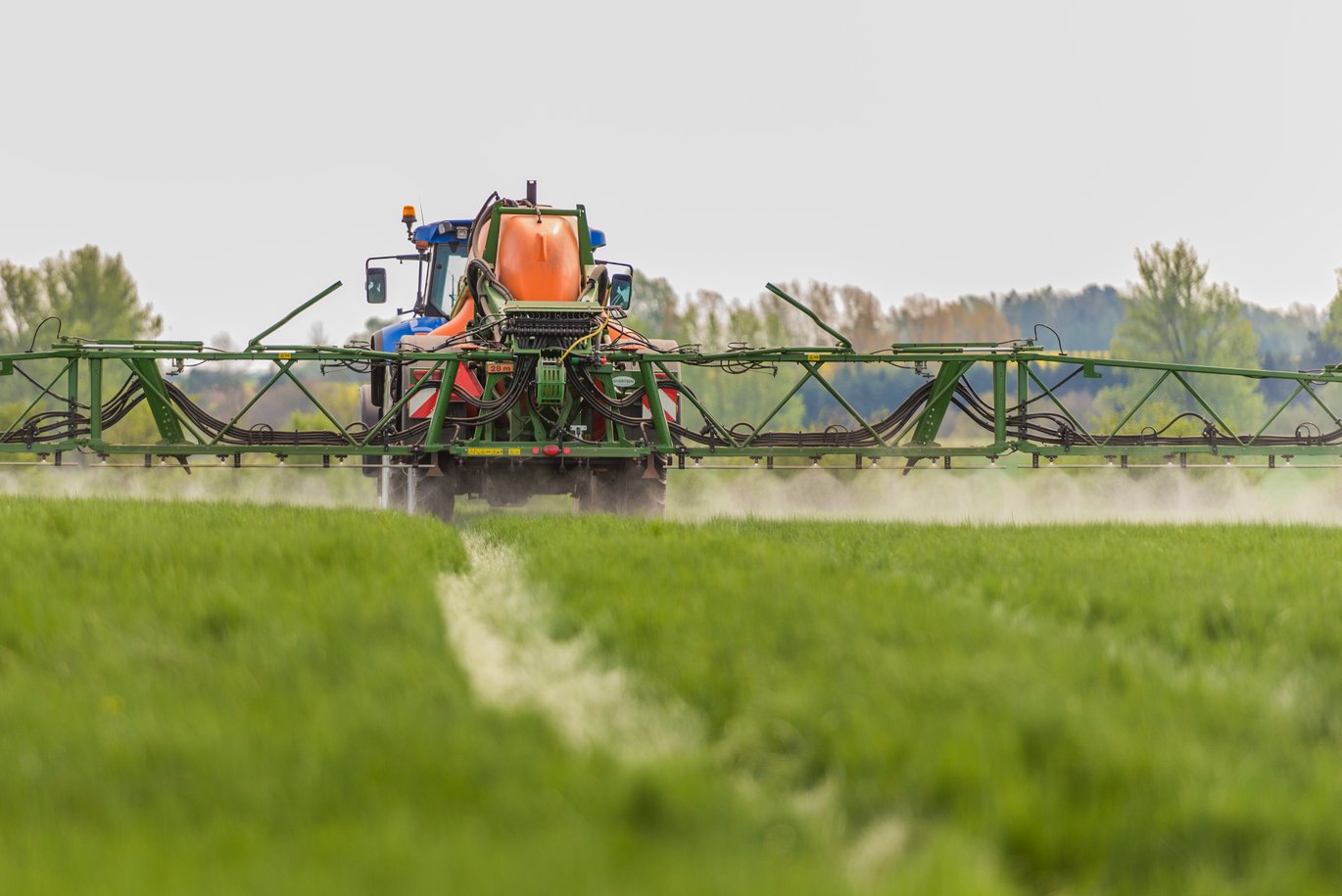A redistribution of nitrogen fertiliser across global croplands can help achieve food security within environmental boundaries
The article, published in September 2023, is getting attention from media worldwide.

The article that was published in Nature Communications Earth & Environment in September 2023 has been receiving significant attention worldwide, including from the German and Chinese media (see, e.g., the article in "die Welt" here).
The paper presents how reducing and evenly spreading the nitrogen fertiliser across the world's farmlands can lead to a stable food supply, while staying within ecological limits regarding nitrogen pollution. The group of researchers from Karlsruhe Institute of Technology and Aarhus University showed through simulations that about one third of the nitrogen fertiliser can be reduced, while maintaining the same amount of cereal yield. Reducing the use of fertiliser in Europe, North America, and East Asia can potentially stem the decline in biological diversity and mitigate global warming and nitrogen pollution. Meanwhile, in Sub-Saharan Africa, increasing fertiliser use can lead to an enhancement in food self-sufficiency.
You can access the article here.
Authors:
Andrew Smerald1, David Kraus1, Jaber Rahimi1, Kathrin Fuchs1, Ralf Kiese1, Klaus Butterbach-Bahl1,2, and Clemens Scheer1
Affiliations:
1) Institute of Meteorology and Climate Research, Atmospheric Environmental Research (IMK-IFU), Karlsruhe Institute of Technology (KIT), Kreuzeckbahnstr. 19, 82467 Garmisch-Partenkirchen, Germany.
2) Pioneer Center Land-CRAFT, Department of Agroecology, Aarhus University, Aarhus, Denmark.